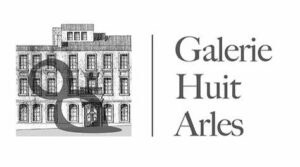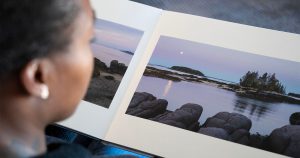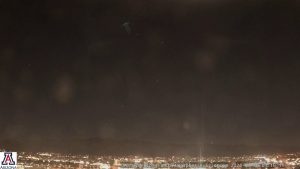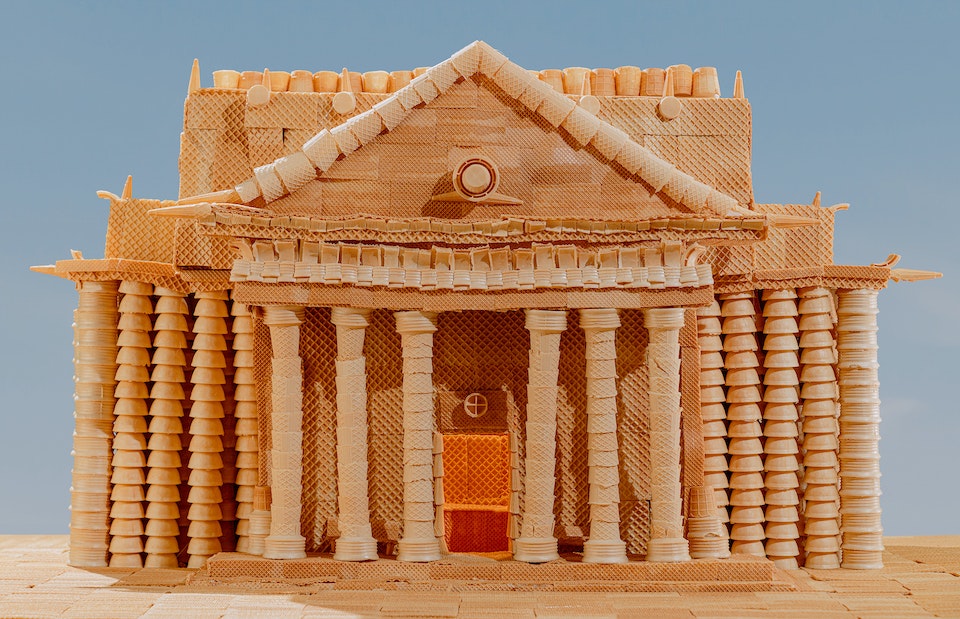
© Emmaline Zanelli. OpenWalls Arles Single image winner
50 single image winners and two series will be shown together at Galerie Huit Arles, all responding to theme of Truth
At a time when the idea of truth is unstable, responses to it are more intriguing and varied than ever before, taking a perilously fluid concept as their starting point. By choosing ‘truth’ as the theme of OpenWalls Arles vol. 4, BJP sought to sample the breadth of photographic interpretations of truth – encouraging projects on self-actualisation, political realities, historic storytelling and family closeness.
For the fourth edition of the award, 50 single image winners have been selected, including photographs by Anna Sellen, Dave Shrimpton, Ralph Whitehead, and climate-focused images by Guillaume Flandre, Laura Roth, Frederike Kijftenbelt and Savas Onur Sen, while Carlos Idun-Tawiah’s Sunday Special and Krista Svalbonas’ What Remains are awarded the two series prizes. The winners, whose works will be shown this summer at Galerie Huit Arles, were selected by judges Julia de Bierre, Mutsuko Ota, Sarah Leen, Paris Chong, Michael Famighetti, Azu Nwagbogu and Matt Alagiah.
My goal is not to uncover a single objective truth, but rather to explore the many subjective layers of a truth that are personal and relevant to the persons I am photographing
– Julia Gunther – OpenWalls Arles Single Image Winner
The prompt for this year’s theme was French photographer Jacques-Henri Lartigue’s line that photography is “catching a moment which is passing, and which is true.” The aim of OpenWalls 2023 is to challenge Lartigue’s notion in a modern context – to not only interrogate the idea of truth in a post-truth age, but to insist upon photographic authority as collaborative, considering multiple truths from across the six continents from which the winning images are taken.
“My goal is not to uncover a single objective truth, but rather to explore the many subjective layers of a truth that are personal and relevant to the persons I am photographing,” says Julia Gunther, whose winning image is a portrait of Eunice, a deaf tailor from Southern Malawi. Two truths coexist in the image, Gunther explains. One is the reality that Eunice struggles to be heard in her home country owing to a lack of audiologists and sign language translators. The second is Eunice’s self-conception – “a strong, beautiful woman with a long tailoring career ahead of her,” Gunther explains. In this and many of the 50 winning images, intrinsic truth trumps outside perception.
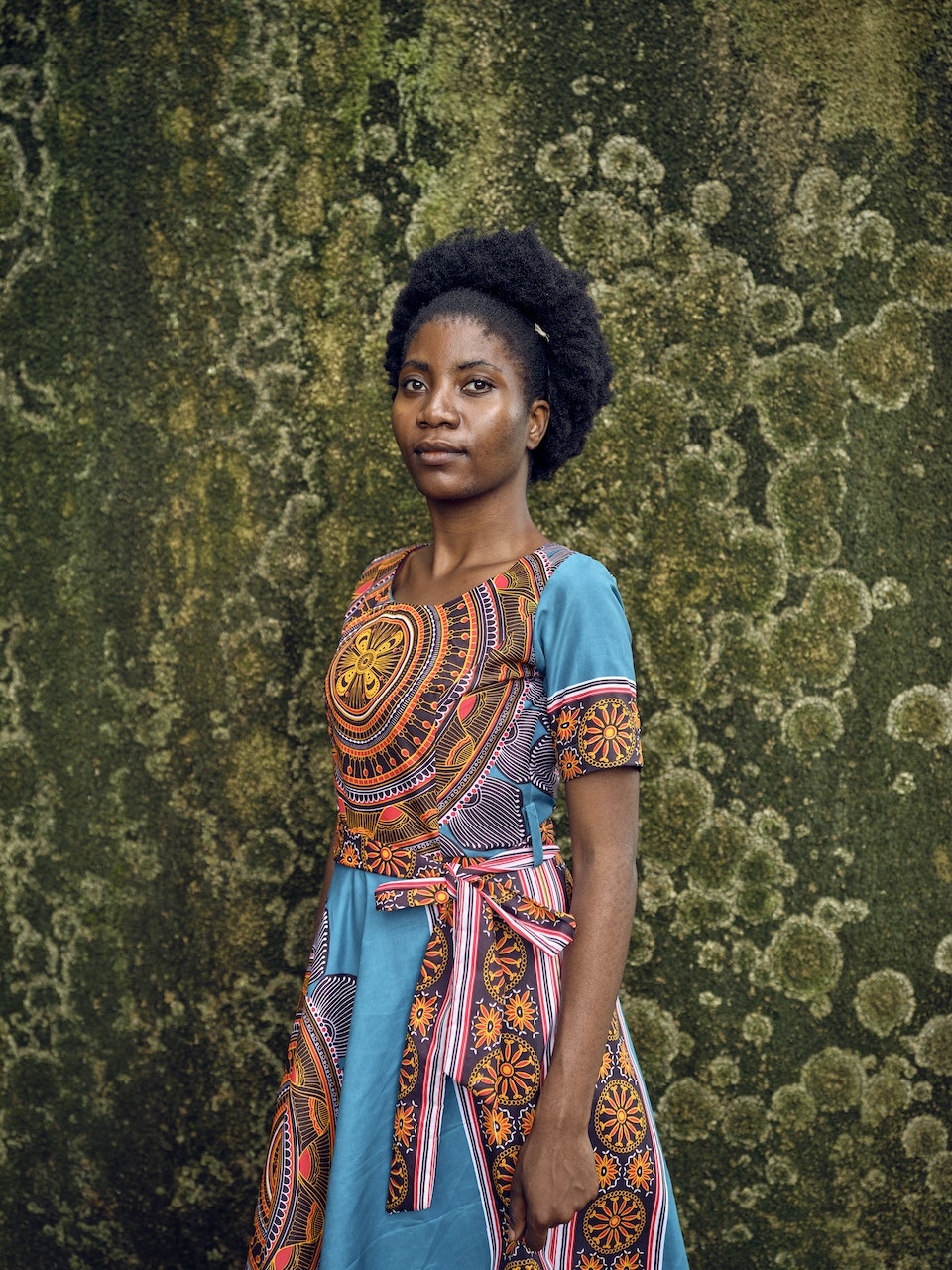
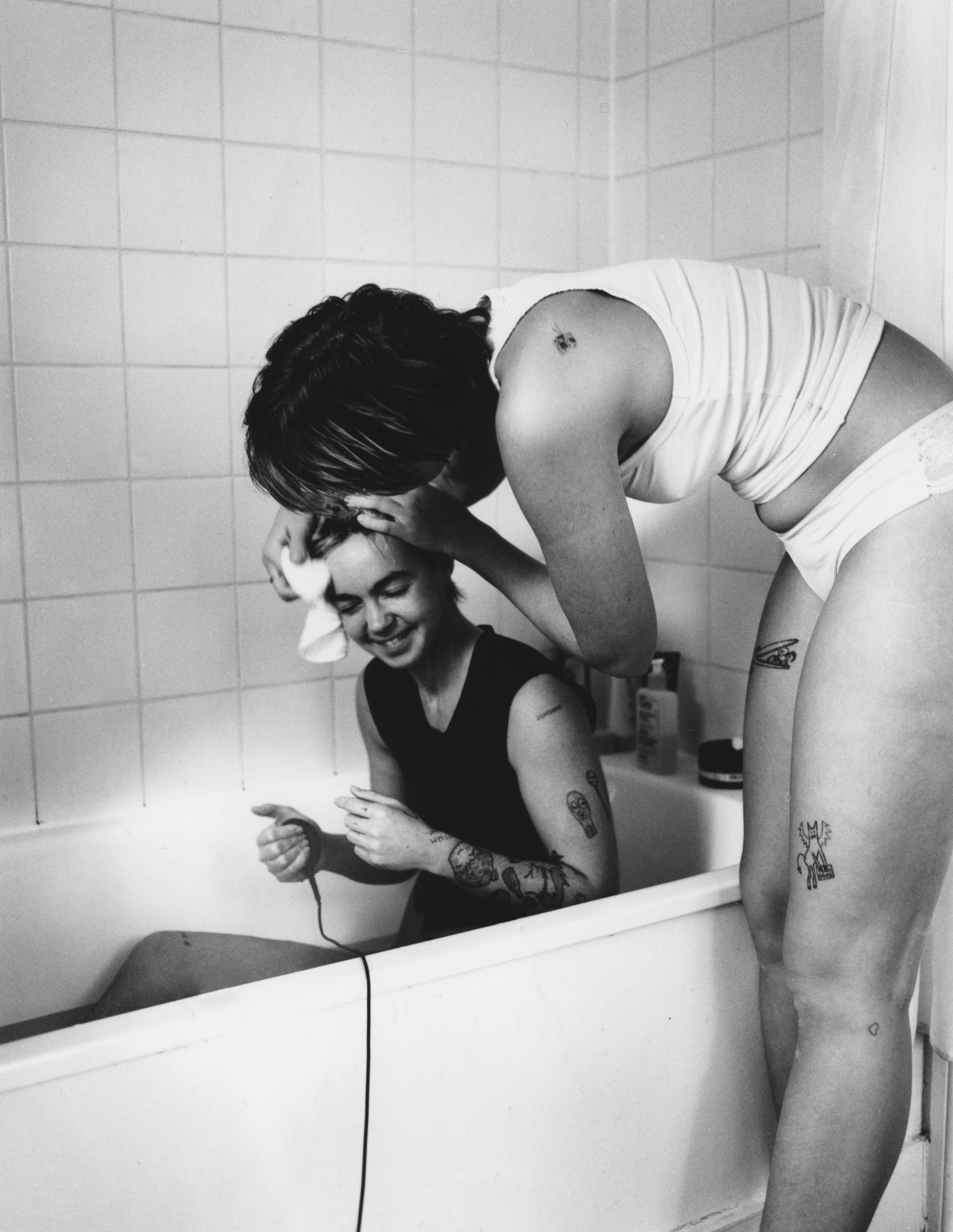
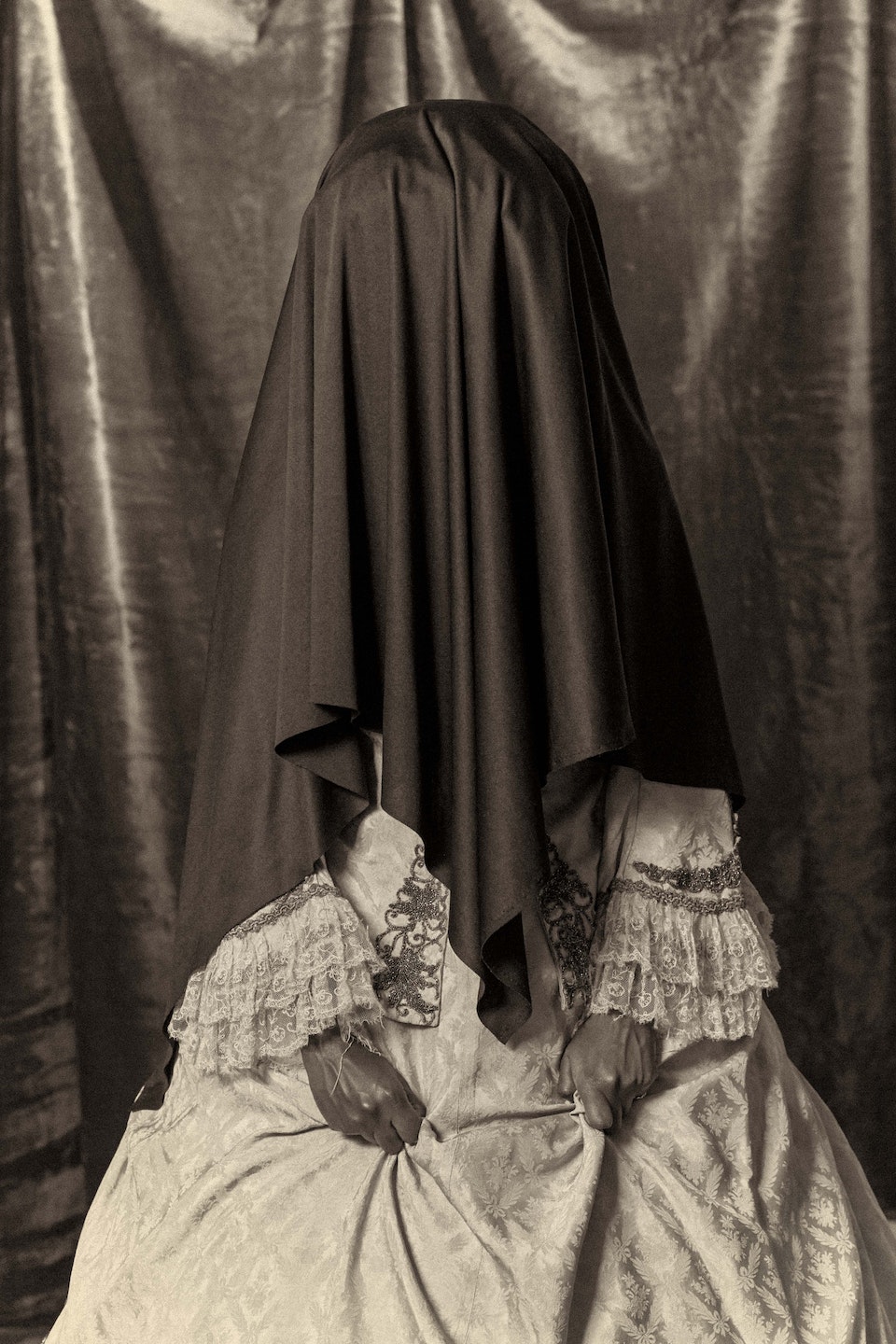
Identity is a dominant theme across the 50 photographs, illustrating the ways that truth corresponds to living authentically. Jesse Glazzard’s series Testo Diary allowed the artist to document incremental shifts in their physicality and personhood as they transitioned. “I took control and began a new process of consciously photographing the tiny changes in my face and body as the weeks went on,” they say. “I came to appreciate that in charting these changes, I was not fixing the image of my body in time, but instead showing its capacity to shift.” Heather Agyepong’s Too Many Blackamoors (#4) uses concealed portraiture to challenge the expectations Black women face, while in My Papa Told Me, Chidinma Nnorom incorporates a self-portrait into an old family picture featuring her father, engaging with “the dynamism of authenticity through the sociocultural concept of family and community.”
Family albums also inspired Carlos Idun-Tawiah’s winning series Sunday Special, which the artist describes as a “requiem of my memories.” Across choreographed retellings of preaching, domestic relaxation and university graduation, Idun-Tawiah attempts to “highlight the ethos of Sundays from a much more vernacular perspective, paying visual nostalgia, juxtapositions, colour and gesture to fully extract the roundedness of the traditions of what Sundays typically felt like in Ghana.” Photography is used to depict real events, but also push imaginative boundaries, blending ideas of community and divinity to stretch ideas of truth into celebratory and utopic territory.
Carlos Idun-Tawiah – Series Winner
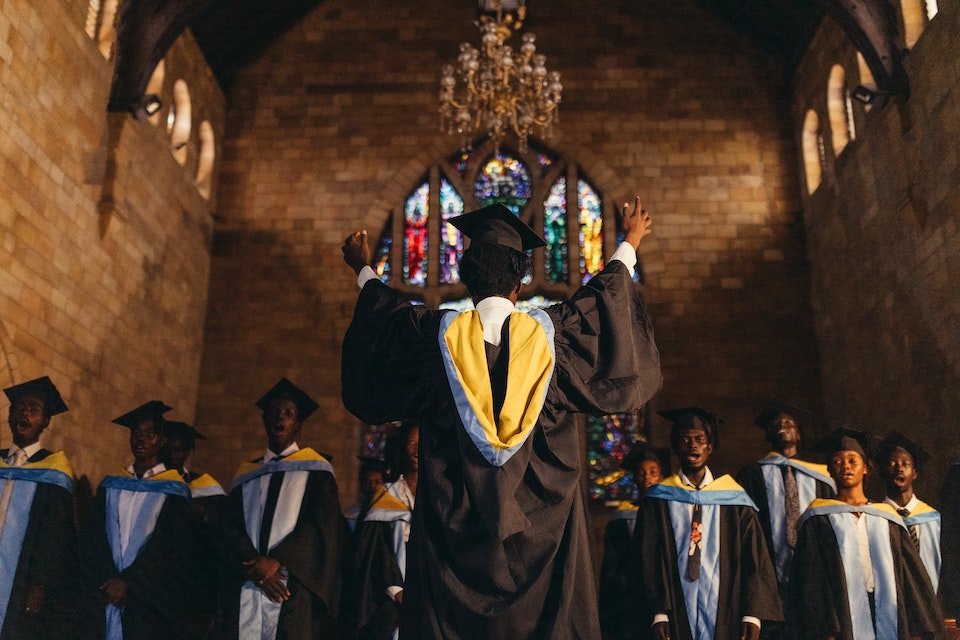
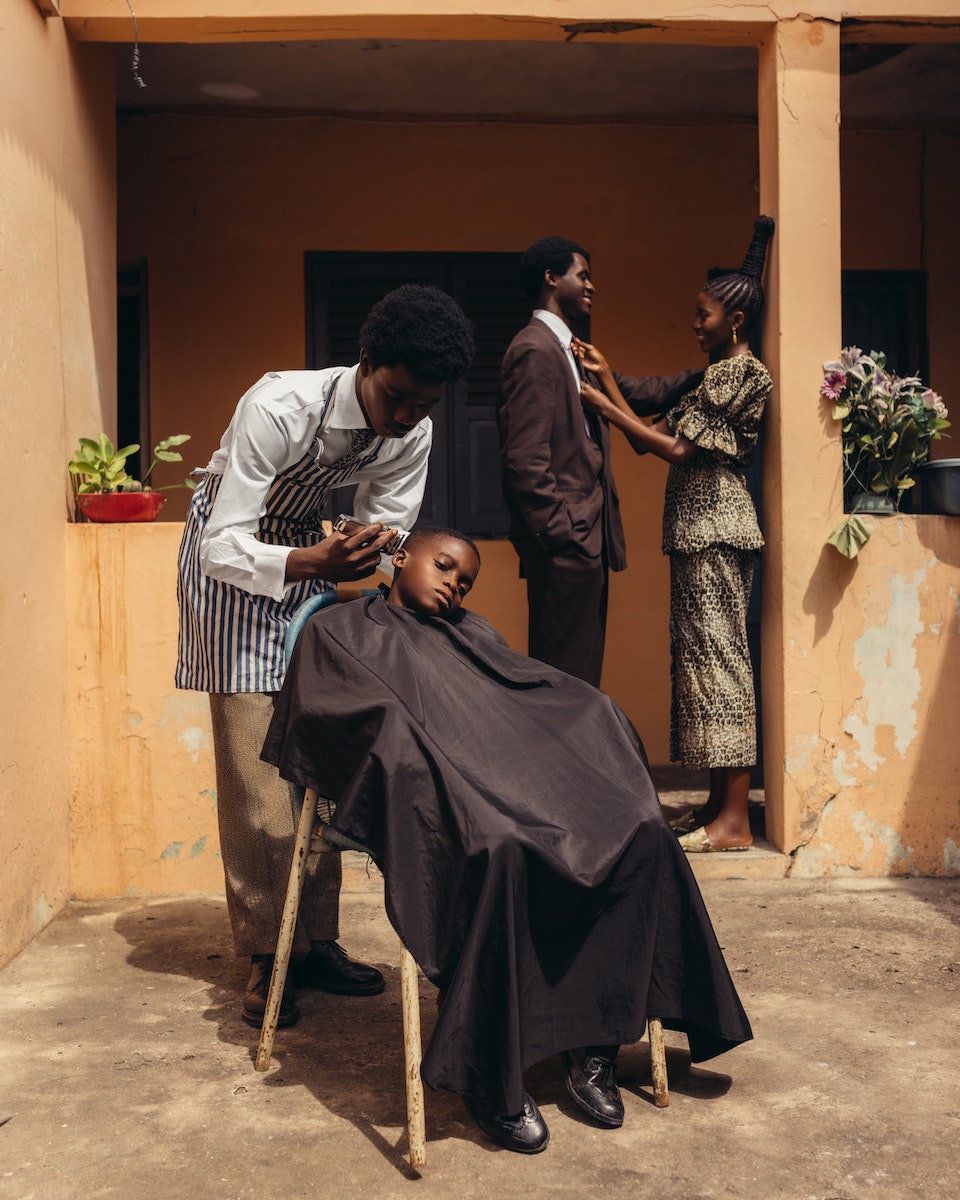
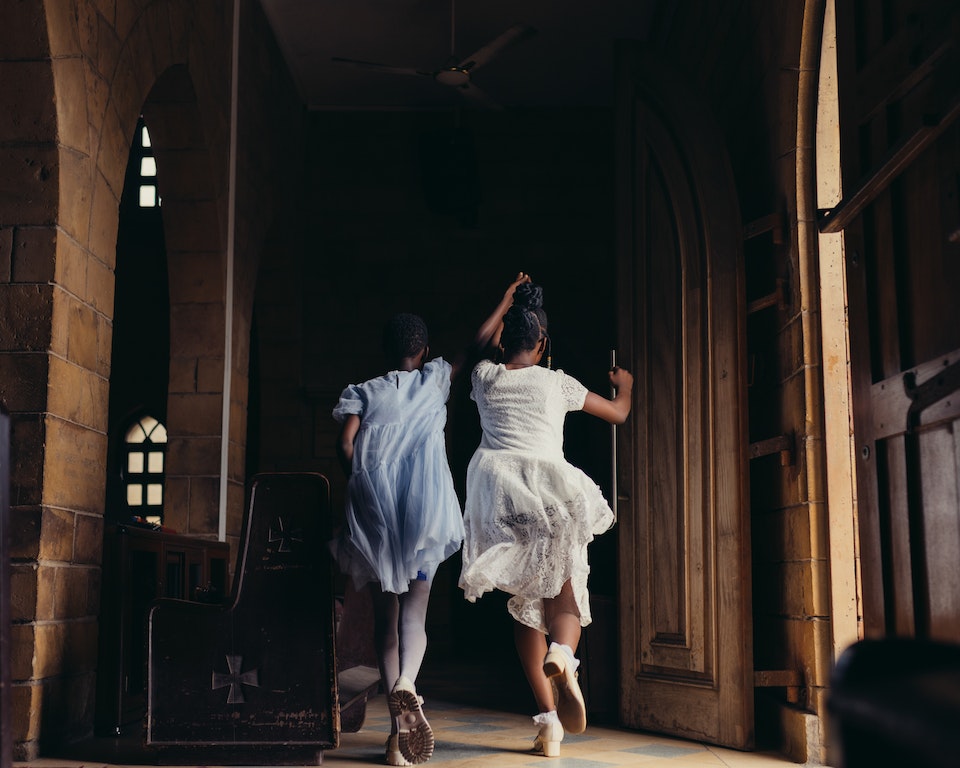
Several of the winning entries tackle the war in Ukraine – new realities for displaced Ukrainians, unknown truths relating to warfare, and the importance of preserving authentic culture when forced erasure is a constant. Frankie Mills captures Artem, a boy from Ukraine, as he teeters on the edge of a swimming pool in his sponsor’s home in Ivybridge, Devon. The Homes for Ukraine scheme brought the 8-year-old to the south west of England, though his relationship with his adopted home remains tentative and undefined – a future truth yet to be realised while one burns in the past. In The Unknown Truth of Injury, Julian Simmonds depicts Nikita, who was injured while serving with the Ukrainian Armed Forces during the Kharkiv counteroffensive in September 2022. He doesn’t know the true origins of his injury – an example of consequence without cause, and the way war robs people of their subjectivity.
The complexities relating to the Russian experience of the war are not overlooked. Nasti Davydova’s documentary project Who needs it now? depicts Russian artists facing painful decisions about whether to speak out against the regime, to live their truth when it could lead to persecution. Natalie is pictured with her dog, an American flag draped above her desk. “There was a period in March [2022] when I really wanted to team up with artists and create my own circle where I could speak out, but I was scared,” she says. “The last thing I would like to do is go to jail, so I am often silent. I’m sad that I can’t talk about what I think without fear.”
Marcel Top’s Staged Facts, Ukraine 0036 addresses the war while also tackling a significant concern in the world of photography – the applications and ethics of artificial intelligence. Top uses Arma 3 software to create near-authentic constructions of conflict zones using real photographic content shared online. He uses 3D models of uniforms, weapons and vehicles to accurately depict the war’s material building blocks. As well as highlight the brutality – and imagined reality – of war, he hopes to raise awareness about the role of computer-created imagery in spreading misinformation during times of conflict. Güzin Mut takes a playful approach towards photography’s grappling with technology in his winning image. The Berlin-based artist was on assignment for a travel agency in Tünektepe, Türkiye, when he came across the photo shop against a stunning mountainous backdrop. “The wordplay was not lost on me,” he says wryly.
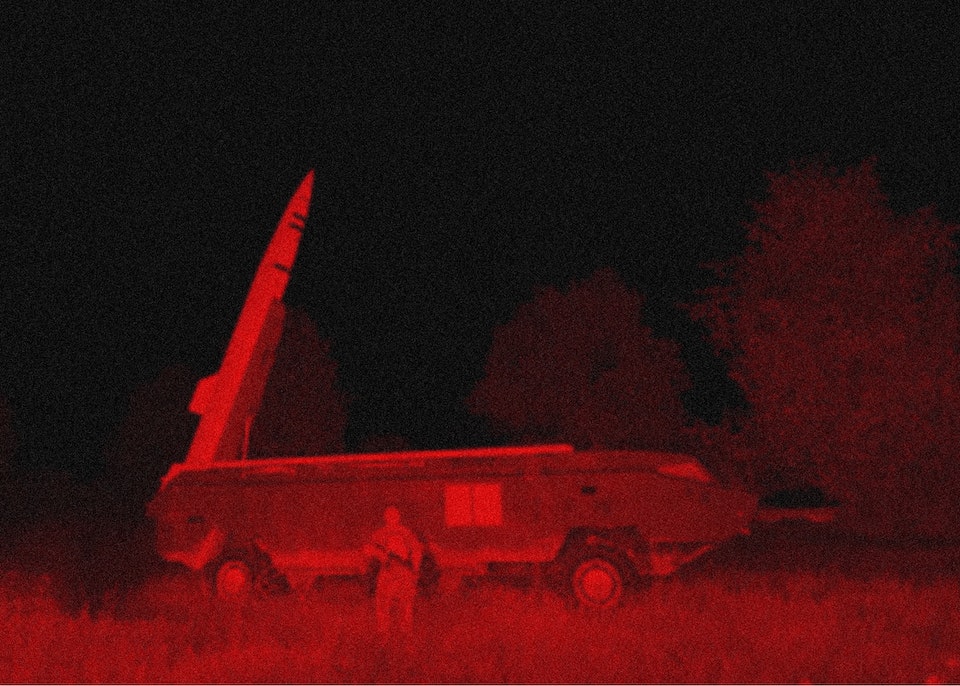
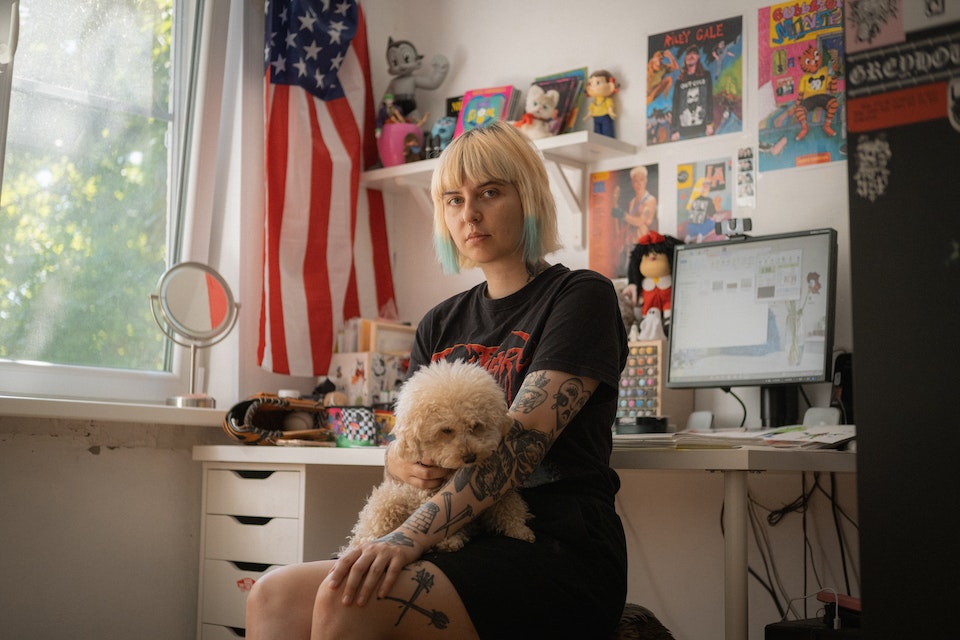
Krista Svalbonas’s winning series What Remains is a fitting testament to how the theme can be applied to ideas of history, belonging and healing – while also pushing material boundaries. Her photographs depict Soviet-era towers and industrial buildings in the Balkans where families like her parents’ lived. As a Latvian-Lithuanian artist based in the US, Svalbonas is concerned with ideas of cultural preservation, incorporating traditional Baltic textile designs around the architectural photographs, a commentary on the erasure of Baltic culture under the Soviet Union. “My connection to this history has made me acutely aware of the impact of politics on architecture and, in turn, on a people’s daily lived experience,” she says. “This work examines the ways in which people are shaped by their environment, and how they can rebel against it to preserve their identity and culture.”
Krista Svalbonas – Series Winner
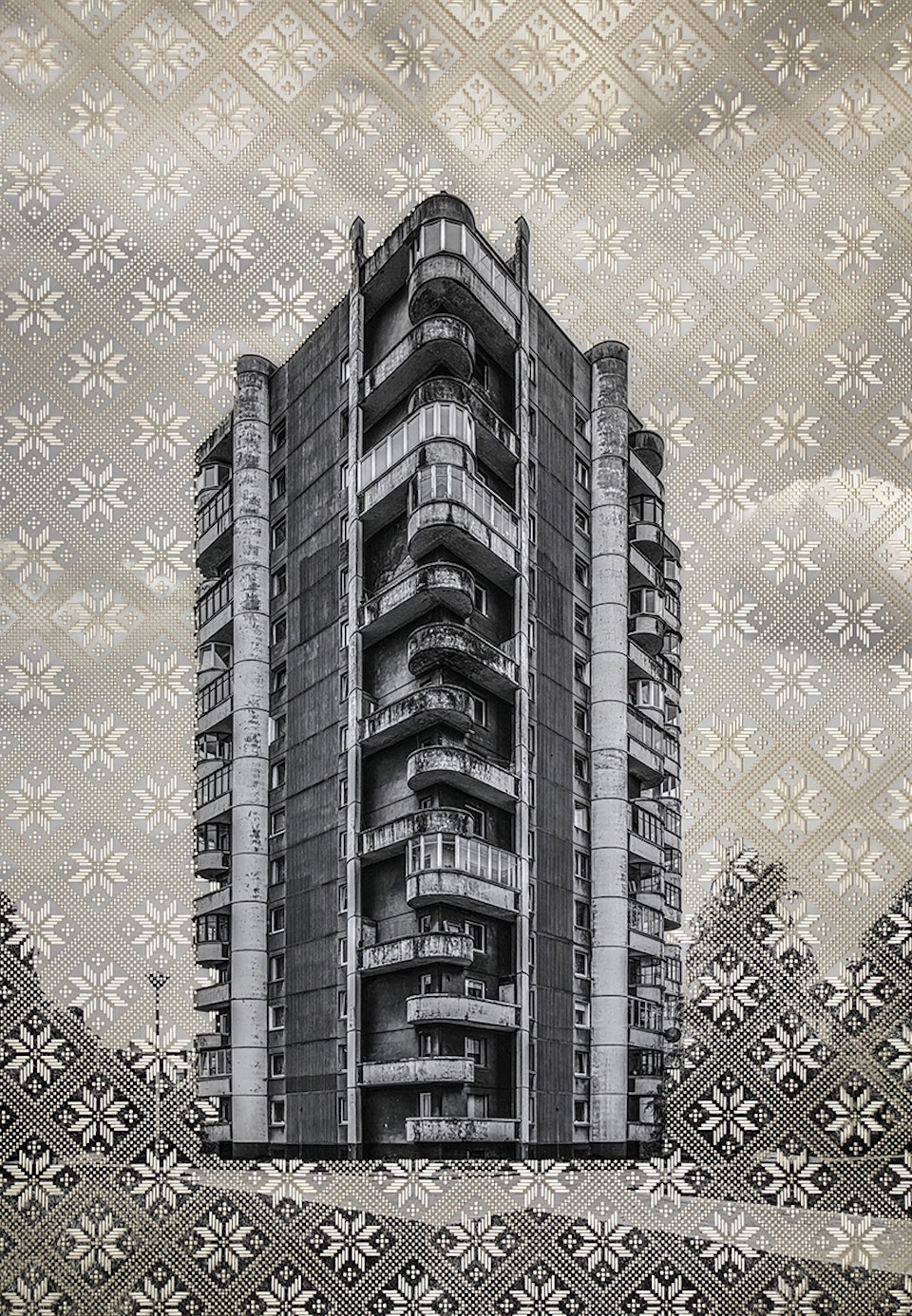
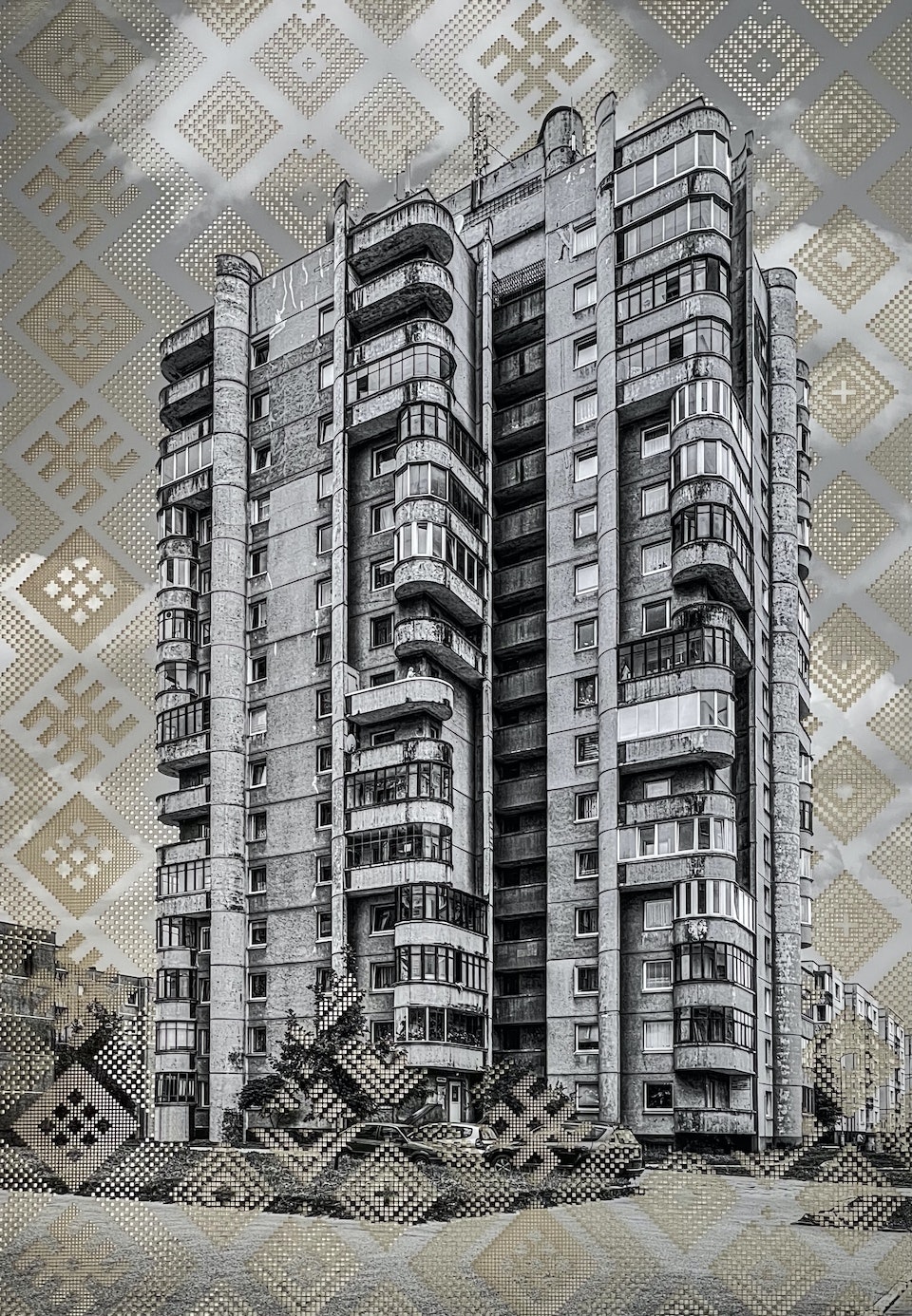
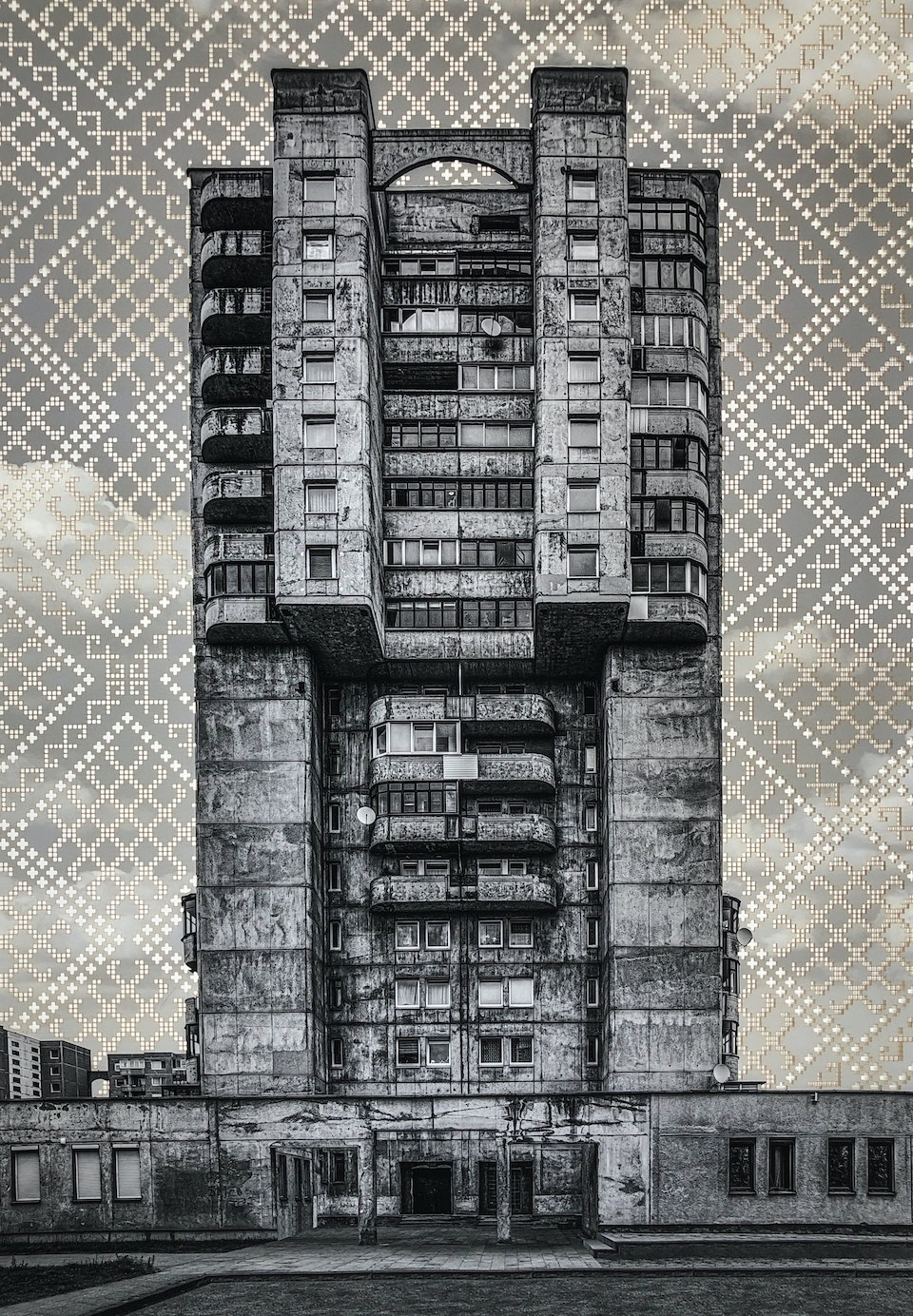
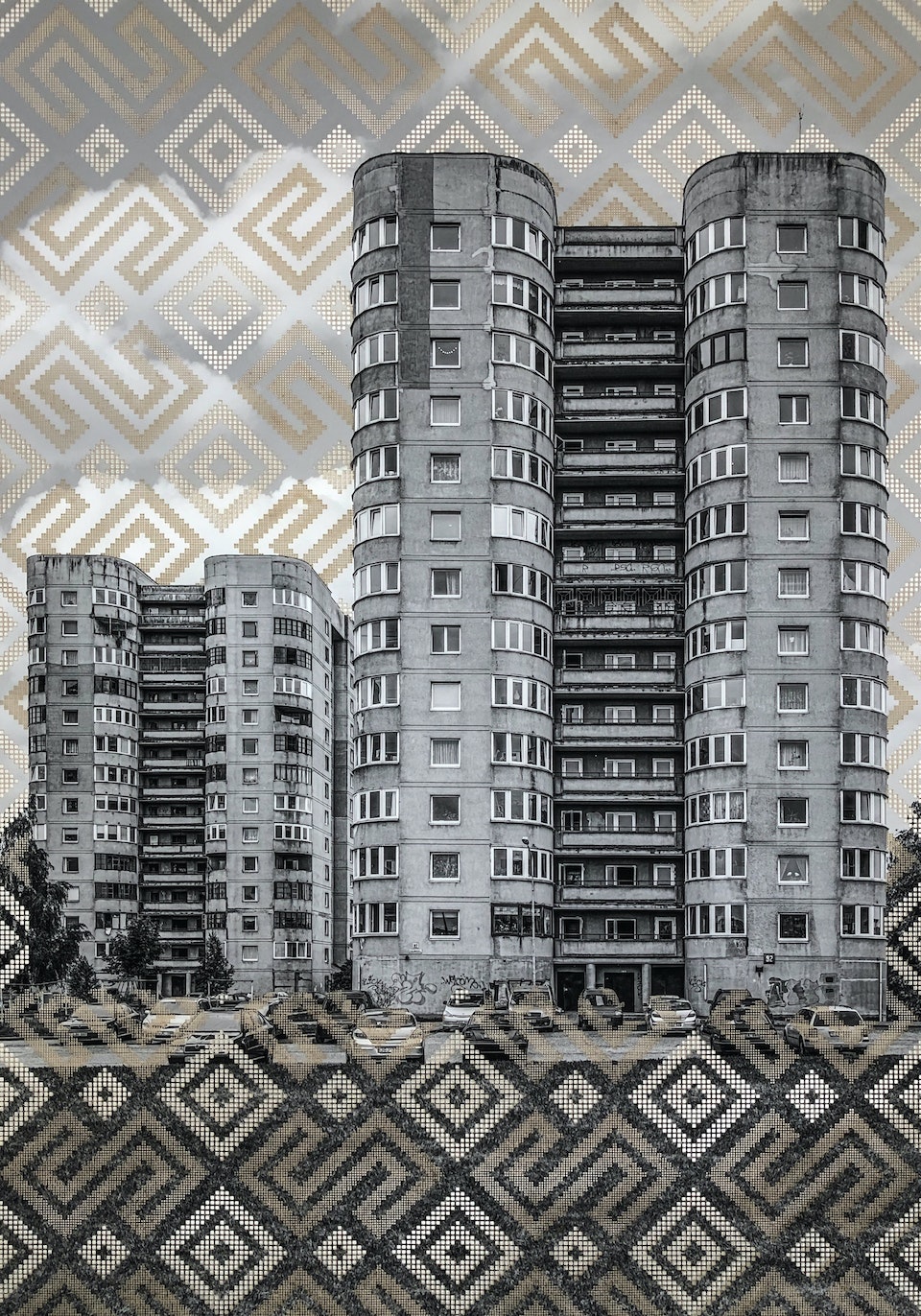
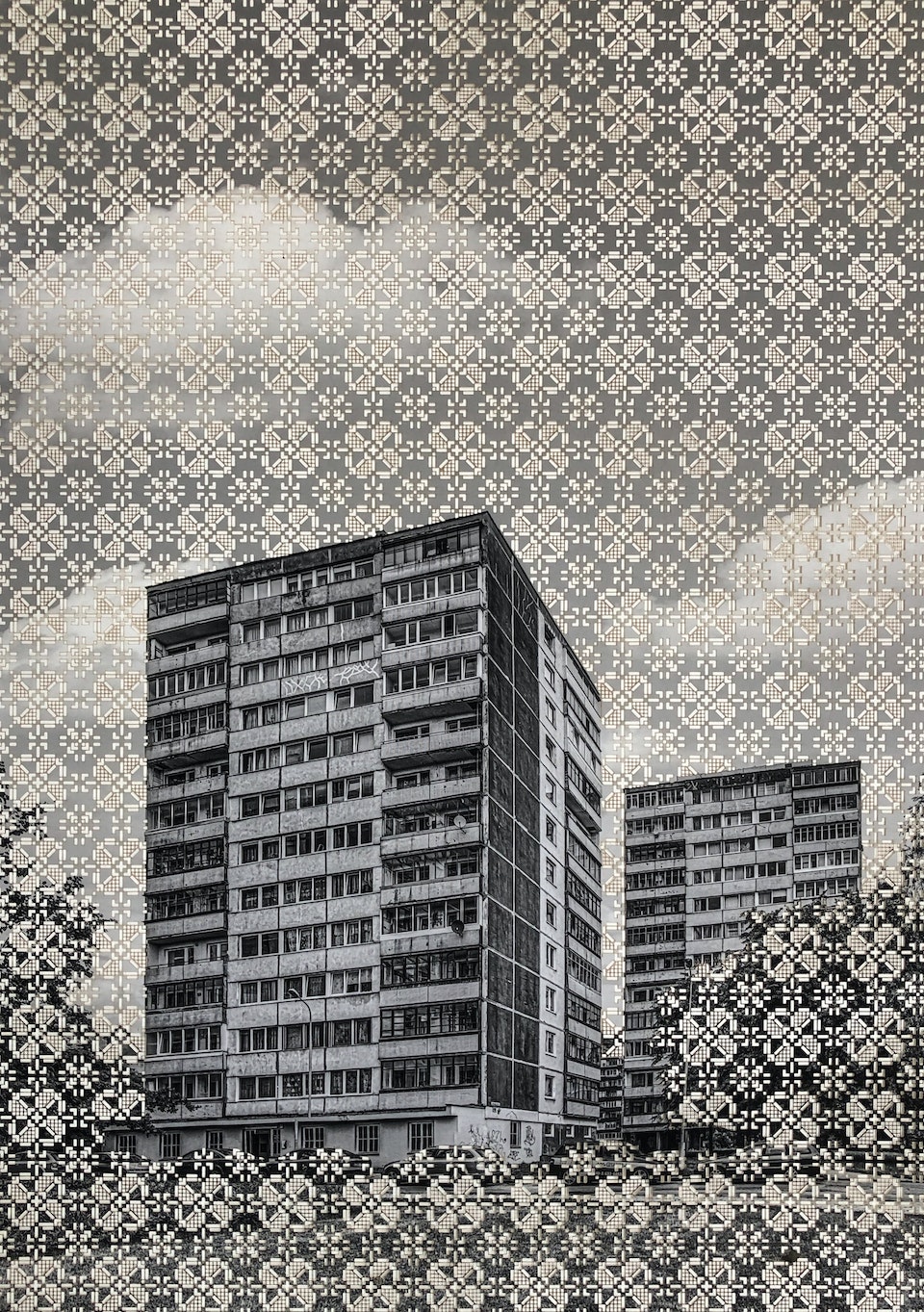
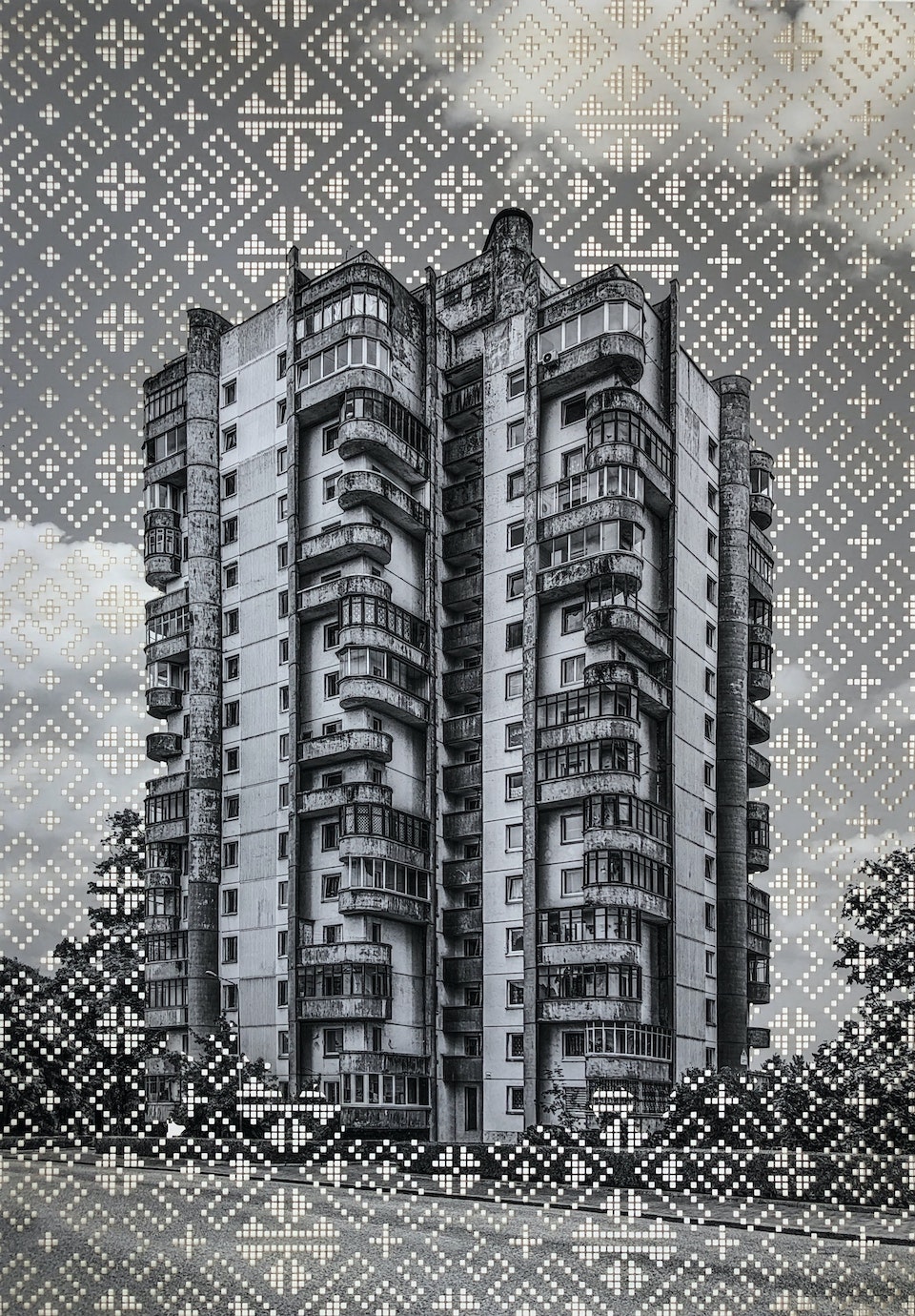
Ultimately, the winning image of this edition of OpenWalls projects demonstrate that truth can be wielded to empower an endless range of human impulses, whether preservation, rebellion, remembrance or imagination. Truth’s flexibility might be the most valuable legacy of the supposedly post-truth age.
OpenWalls Arles vol. 4 is at Galerie Huit Arles from 5 July to 26 September
The post Announcing the winners of OpenWalls Arles Vol. 4 appeared first on 1854 Photography.
